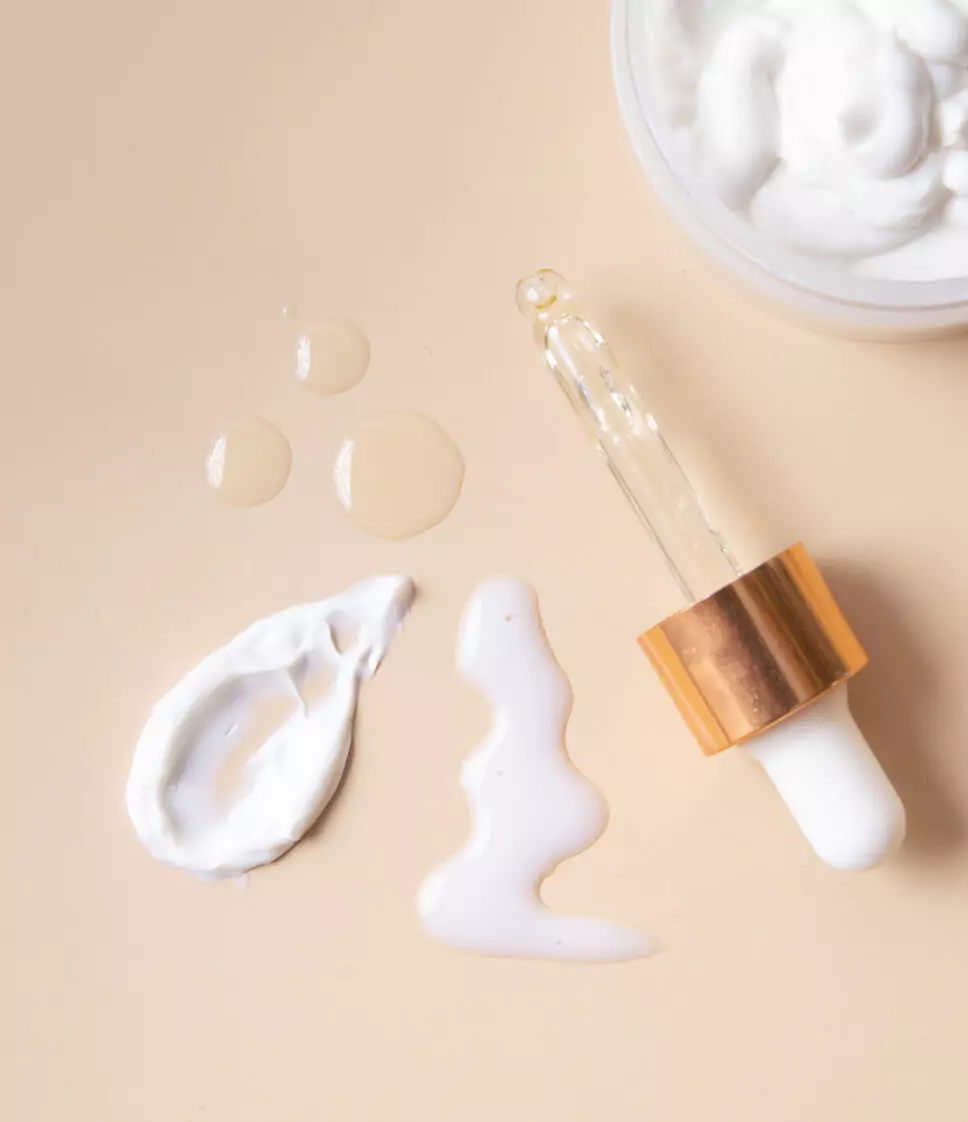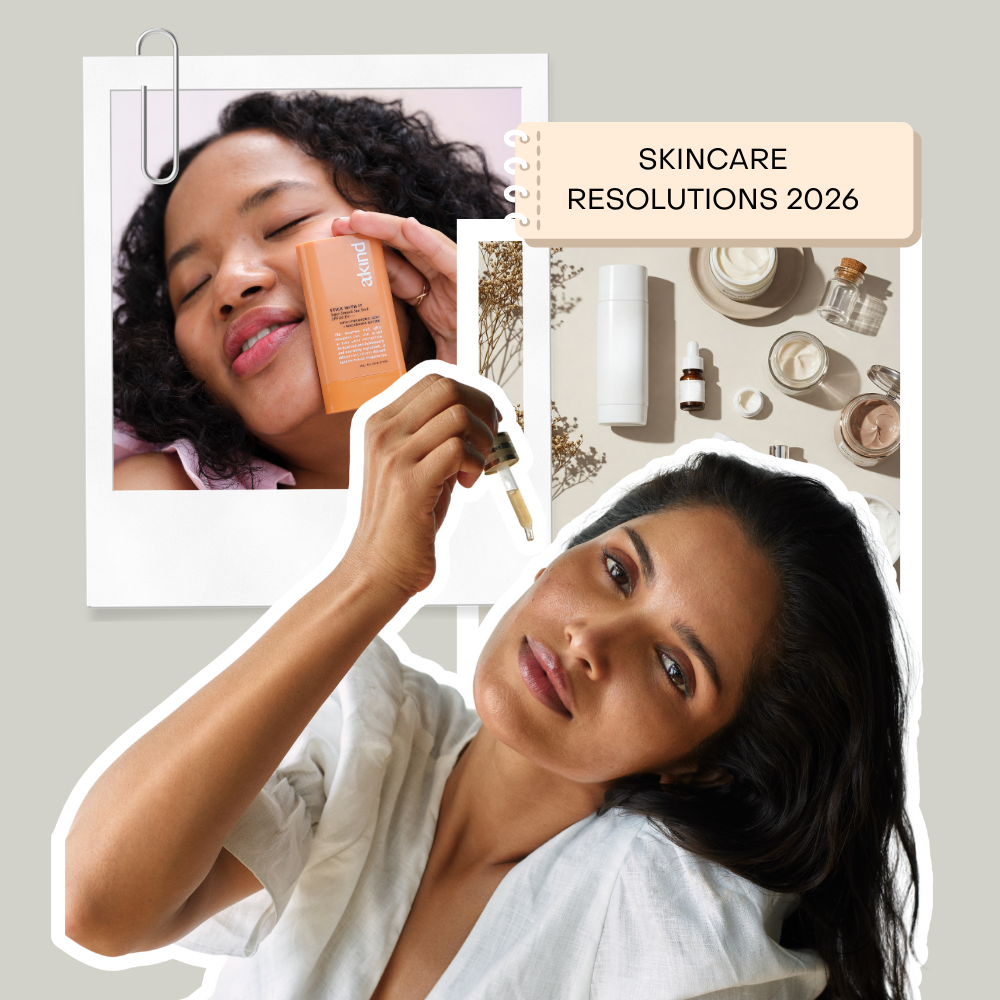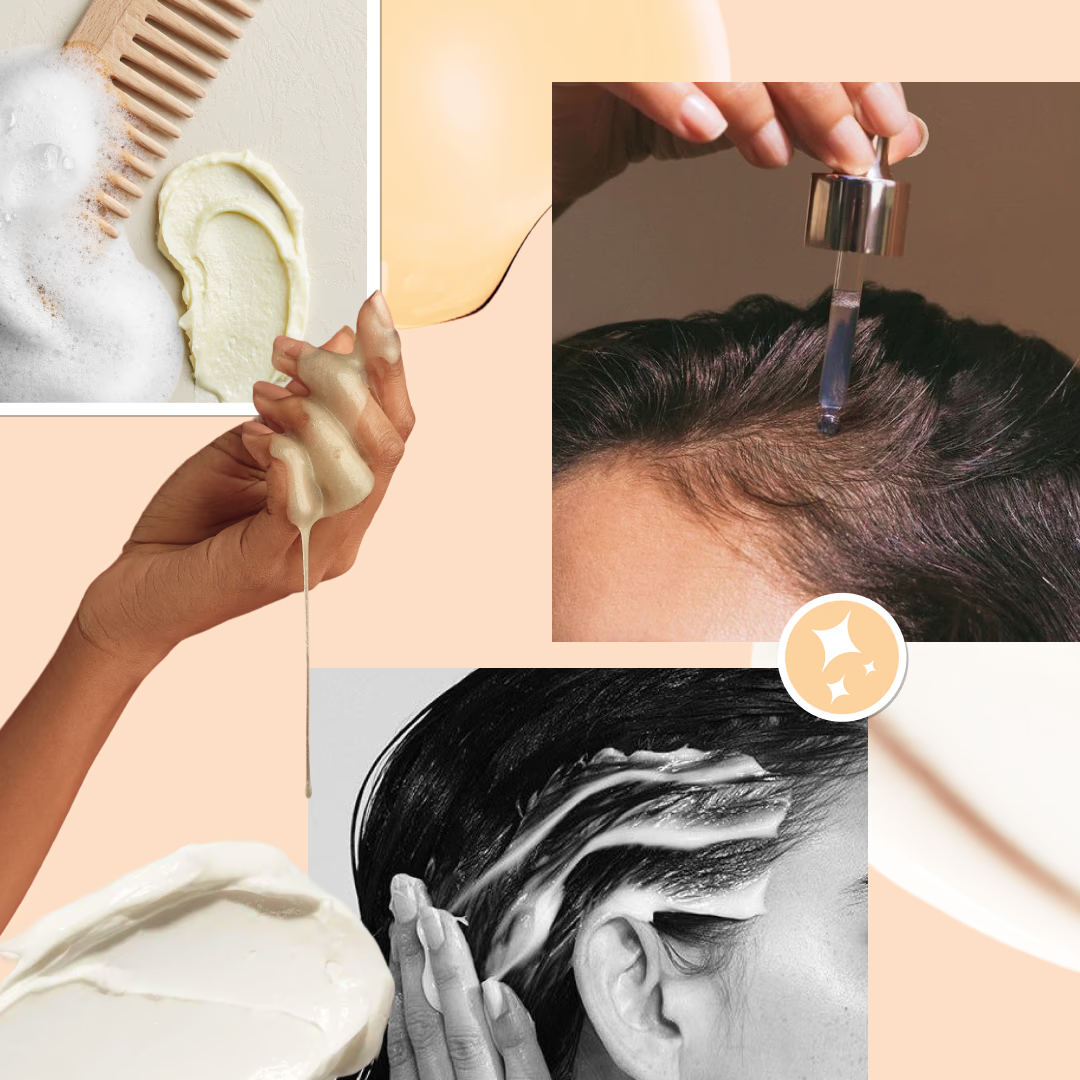
Shielding us from pollutants, microbes and UV rays, our skin is our body's first line of defense against the environment. But with time—and upon using the wrong skincare or makeup products—these protective layers, known as the skin barrier, can be compromised. In many cases, this may lead to discomfort and visible signs of damage, making it crucial for understanding these signs and how to repair them to maintain healthy skin. Ahead, we give you a detailed breakdown of everything you need to know.
What is a skin barrier?
The skin barrier, also called the stratum corneum, is the outermost layer of the skin made of lipids, proteins and dead skin cells. It acts as a protective shield, preventing water loss and blocking out harmful substances while maintaining the skin’s hydration level.

Do you have a damaged skin barrier?
If you often experience redness, itching or irritation on your skin, it’s likely that you have an increased sensitivity towards environmental triggers—an indication that your skin barrier is not healthy, says Dr Kiran Sethi, a Delhi-based dermatologist. If you have skin infections that crop up often, she says that that is a definite sign. Apart from that, a damaged skin barrier does not retain moisture, resulting in dry and rough patches as well as flakiness. Acne flare-ups and blemishes further point towards an imbalance in the skin's microbiome.
Ways to repair your skin barrier
Restoring the skin barrier requires ample hydration, protection and gentle care. Here are a few ways that can help you achieve that.
Avoid harsh skincare products
Steer clear of products that contain alcohol, strong fragrances and other potential irritants that can exacerbate skin barrier damage. “Initially, eliminate any resurfacing or rejuvenating actives. Focus on repairing the skin,” says Dr Sethi.
Gentle cleansing
Use a mild, non-foaming cleanser to avoid stripping away natural oils and further compromising the skin barrier. “Rely on cleansing milks and micellar water to prevent extra dryness,” she confirms.
Moisturise regularly
Choose a moisturiser that is saturated with hydrating ingredients like hyaluronic acid and ceramides.
Protect from UV rays
It goes without saying that you need to wear sunscreen every day to shield yourself from harmful UV radiations that worsen existing damage, in addition to hindering repair. Dr Sethi suggests a physical, mineral-based sunblock if a chemical-based sunscreen might be a potential irritant.
Use a humidifier
Incorporating a humidifier into your immediate surroundings can help maintain optimal moisture levels in the air. This may benefit your skin's barrier function.
Ingredients to look out for
When zeroing in on barrier-repairing products to include in your skincare routine, prefer ingredients like ceramides—that are natural lipids found in the skin that prevent moisture loss. You can also go for products with hyaluronic acid to promote elasticity. Niacinamide is another effective ingredient that will help strengthen your skin barrier, reduce inflammation and regulate oil production. A lightweight moisturising oil that mimics the skin’s natural sebum, squalane helps replenish lipid levels, as well.
Tira recommends:
d'you In My Defence Barrier-Building Moisturiser
Allies Of Skin Molecular Barrier Recovery Cream Balm
By Wishtrend Cera-barrier Soothing Ampoule
Minimalist 0.3% Ceramide Face Moisturizer For Oily Skin Cream For Barrier Repair







.jpeg)























